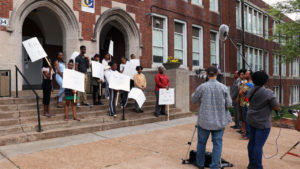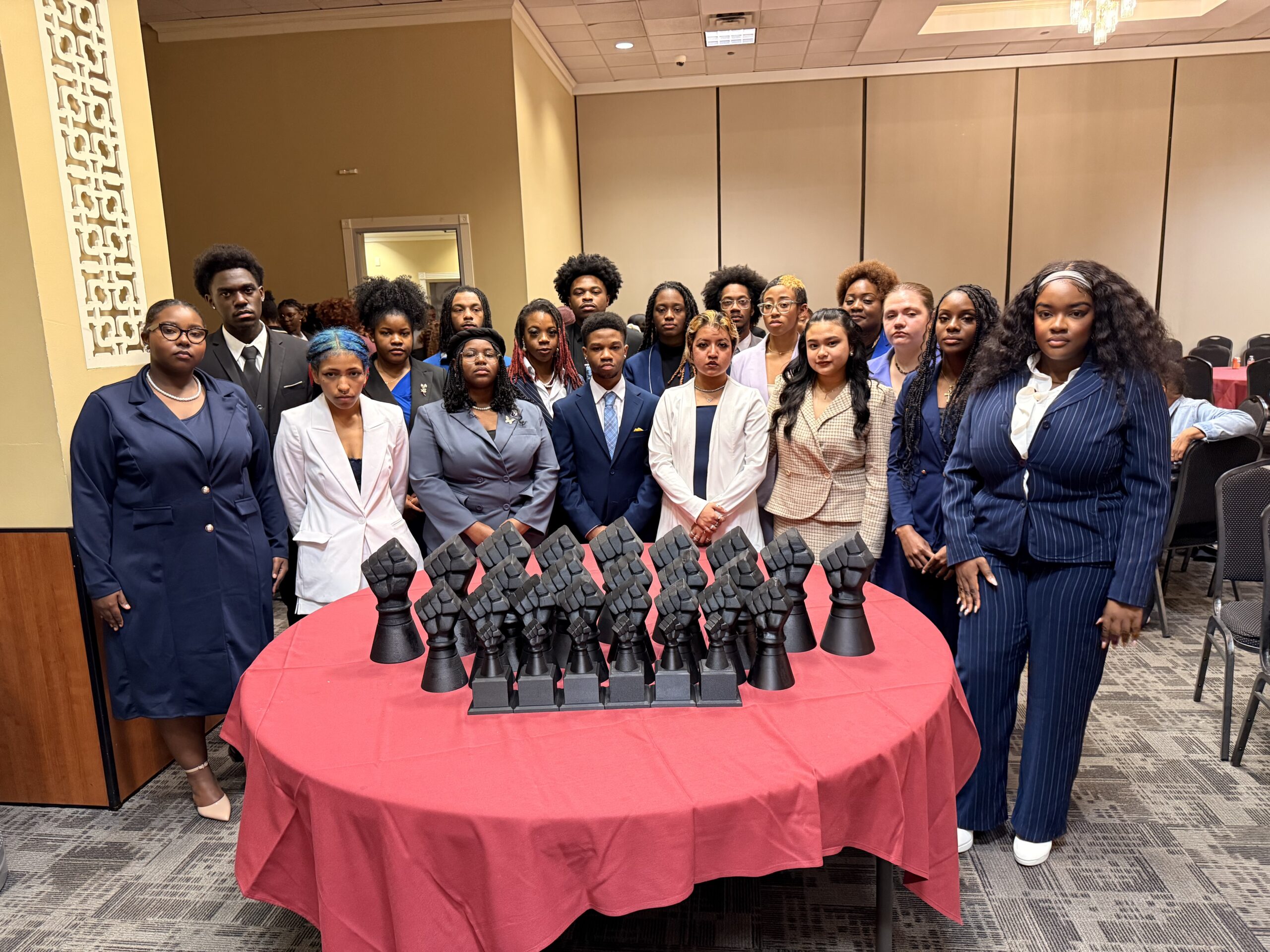
New Nashville Civil Rights Documentary Features TSU Alums
NASHVILLE, Tenn. (TSU News Service) – When Tennessee State University Alum Tanya Coplen Gray approached her high school classmates about producing a short documentary to commemorate their

NASHVILLE, Tenn. (TSU News Service) – When Tennessee State University Alum Tanya Coplen Gray approached her high school classmates about producing a short documentary to commemorate their



